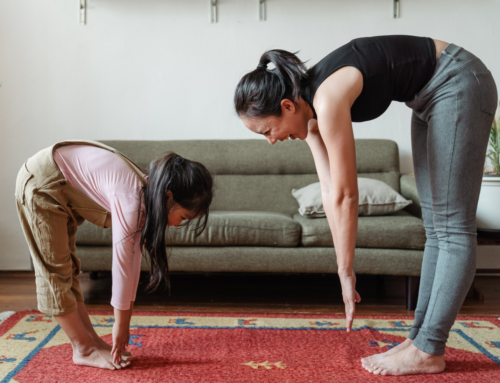Parkinson’s Disease (PD) is a brain disorder that is degenerative in nature, which means it starts out slow and continues to progress over time. The physical symptoms of this disease include shaking, stiffness, trouble walking, issues with balance, stability, and coordination, and other secondary symptoms that appear gradually.
It’s a difficult condition to live with and affects men and women across the world; typically, the disease sets in around age 60, but early-onset PD starts before age 50. For family, friends loved ones, and caregivers of those with PD, it can be difficult to see someone you love struggle. However, you can support them in a number of ways:
1. Educate yourself on the condition
There’s a wealth of information out there on PD, with free, credible resources from organizations, activists, and researchers. Learn about the symptoms, struggles, and other important information related to the disease so you can best provide support, guidance, and help to your loved one. This also means looking out for progressing symptoms and stages and seeking medical advice when the time is right.
2. Help them out with daily chores and errands
While not always the case, PD can interfere with a person’s ability to carry out daily activities and errands; from simple tasks like driving to cooking meals. Offer your time and effort whenever you can by taking over some of these tasks and errands.

3. Get them to move and exercise with you
A person with PD will benefit immensely from physical movement and exercise, and you should encourage them to participate in more physical activities with you. Be their gym partner, go swimming together, join a yoga class with them, or go for a walk every day. The movement not only boosts endorphins but strengthens muscles and joints and has various other effects.
4. Socialize and interact with people around you
A condition like PD is incredibly isolating, and it’s important that you help your loved ones retain their friendships and social life. Offer to go out with them, drive them to social events, or help care for them while they’re out. Don’t let loneliness and depression dictate their life.
Work with our Parkinson’s Disease specialist clinic in LA, and get the best treatment and care for your loved one, whether you’re looking out for someone to monitor and manage Parkinson’s Disease symptoms through various treatment options, including deep brain stimulation, music, and more.






